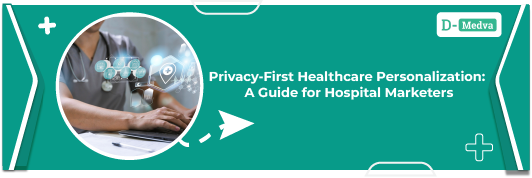Sugar-Free, But Not Risk-Free: What You Didn’t Know About Diet Drinks
Diet drinks are often considered a healthier alternative to regular sugar sweetened beverages because they are low in calories and sugar free. However, research shows that these drinks, especially those containing artificial sweeteners, may carry hidden health risks. Are Diet Drinks Really Safe? Many people choose diet drinks thinking they are a healthier alternative to regular soda. Zero sugar, low calories, and guilt free fizz make them appealing. But diet drinks and artificial sweeteners may not be risk free. From gut health to kidney function, metabolic syndrome, and even teeth erosion, the hidden dangers are more serious than most people realize. How Diet Drinks Impact Your Health 1. Gut Health Artificial sweeteners in diet drinks may affect your gut microbiome. Studies on humans show mixed results. Some indicate changes in gut bacteria while others do not. Effects vary depending on the individual and type of sweetener consumed. Diet sodas also contain additives like colors, flavorings, and carbonation, which can impact gut health. People with sensitive digestion may experience bloating, diarrhea, or discomfort, especially from sweeteners such as sorbitol, mannitol, or xylitol. 2. Weight Management Switching to diet soda may seem like a smart weight loss strategy. Some studies suggest benefits while others indicate it might lead to weight gain. A long term study tracking participants over nine years found that regular diet soda drinkers had higher abdominal fat than non drinkers. Weight management is complex and influenced by multiple factors. Diet drinks alone are not a magic solution. 3. Metabolic Health Artificial sweeteners may interfere with blood sugar responses by affecting gut bacteria. Research shows that daily consumption of diet drinks is associated with a 36 percent greater risk of metabolic syndrome and a 67 percent higher risk of type 2 diabetes. Although diet drinks do not spike blood sugar like regular soda, they may still negatively affect metabolism and heart health over time. 4. Kidney Function Long term studies, including the Nurses’ Health Study, reveal that women who drank several diet sodas daily experienced a 30 percent greater reduction in kidney function over 20 years compared to women who did not drink diet soda. 5. Blood Pressure and Heart Health Some studies suggest diet drinks may increase blood pressure though results are inconsistent. Many diet sodas contain caffeine, which can also raise blood pressure in sensitive individuals. 6. Sleep, Headaches, and Food Cravings High caffeine intake from diet drinks can disturb sleep patterns. Some artificial sweeteners may trigger headaches in sensitive individuals. Research also shows that artificial sweeteners may increase cravings and appetite, potentially leading to higher calorie consumption. 7. Teeth and Oral Health Even sugar free drinks can damage teeth. Acidic additives in diet sodas erode enamel, increasing the risk of cavities and sensitivity. Take action now: Start your health journey today and learn more about safer beverage choices at dmedva.com. Healthier Alternatives to Diet Drinks While occasional diet soda is unlikely to cause harm, there are safer and healthier alternatives: These options provide hydration without the potential risks of artificial sweeteners or additives. Conclusion Diet sodas and sugar free drinks are not completely safe. Frequent consumption may affect gut health, kidneys, metabolism, sleep, and teeth. Choosing natural, nutrient rich alternatives like infused water, herbal teas, or kombucha is a healthier approach. Take control of your health today by making informed choices about what you drink. FAQs










